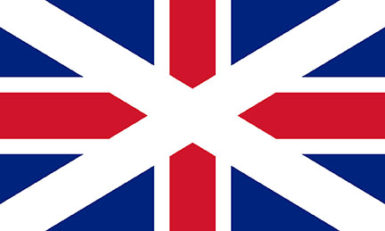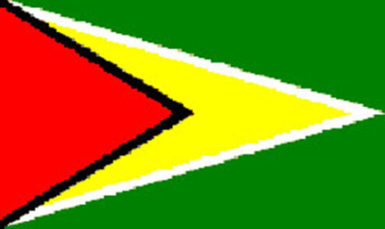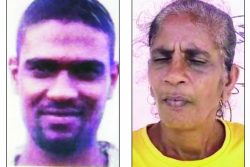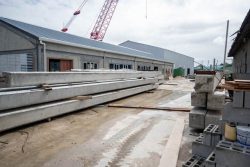Yes! Certainly! A national poll between January and April would most likely have confirmed that a significant majority – probably mid-nineties percent (?) – wanted “Independence” from Britain on May 26, 1966.
 Any such referendum would have also revealed that a majority of the then populace did not fully grasp the concepts of “Constitutional
Any such referendum would have also revealed that a majority of the then populace did not fully grasp the concepts of “Constitutional  Independence” or full “self-government”. And what was “sovereignty” anyway? Was not the British Queen still our Head of State on 27th May 1966? With her now/then Governor-General representing her, as we, independent citizens remained Commonwealth citizens also?
Independence” or full “self-government”. And what was “sovereignty” anyway? Was not the British Queen still our Head of State on 27th May 1966? With her now/then Governor-General representing her, as we, independent citizens remained Commonwealth citizens also?
Yes, those considerations and understandings were all submerged as we who were “big enough” children and adults in May 1966 immersed ourselves in the pomp, ceremony, colour and emotions of the trappings of freedom from colonialism.
Cheddi Jagan, his American wife, his early political affairs comrades, his solo efforts in the legislative council, then the early support of the new chairman of the new PPP – People’s Progressive Party – made sure we knew the basics of the break from Britain.
Yet, I and others even more savvy than I had cause to experience some pangs of “Independence blues” in May 1966. What? Why?
Well it derived from the fact that the then premier anti-colonial fighter Cheddi was still very upset at the precursor to the Independence reality. To me he had good, “reasonable reasons” to be lividly distraught. After all, after four (4) “Independence conferences” in London the British seemed to side with Burnham and D’Aguiar with respect to both pre- and post-Independence issues: Voting age to remain at 21 years; electoral system to change in time for the 1964 elections; though he won a plurality of votes the PPP was vanquished by the governor and a “convenient coalition”, after the elections; his comrades were in detention even as a state of emergency was on during Independence month (May ’66).
No wonder Cheddi felt cheated, defeated and bitter as he addressed the first National Assembly on May 26, 1966: “But lest our position at this historic ceremony be misunderstood, it is necessary for me to observe that the people whom my party represents hold considerable reservations. The form of the constitution being handed down at this time is one which perpetuates division in our society and entrenches minority rule … detention without trial has plagued our country since July 1964 when, by a constitutional amendment, the UK government gave to the governor, acting without advice, the power to detain without trial… the extension of such state of emergency beyond today’s date of the attainment of Independence has gathered fear in our land and has frustrated the efforts of our people and their struggle for peace and security… and so on.
On the other hand Burnham, the jubilant new prime minister had waxed historical, forgiving and liberal: “Our association with the crown, our membership of the Commonwealth are now matters of free and untrammeled choice by the representatives of the people of Guyana… we harbour no bitterness…”
I’ll continue with Mr Burnham’s sentiments next time. However, those speeches symbolized the long-lasting disagreements still being felt.
Since Hamilton Green launched his publication this past Monday I feel free to quote his participatory explanation of the choice of May 26 as the Independence date: “A date ranging from February 23 to August 01, was being suggested. [February was recalling Kofi’s 1763 Rebellion and August, the Emancipation]. The British suggested Friday May 13. No! Bad luck day for most Guyanese. Okay May 24. No! Mr Burnham reminded that was when we used to celebrate Queen Elizabeth’s “official birthday.”
Burnham and the PNC settled for 26 May when, in 1739, a liberal constitution was established by the Dutch for the (Guyana) colonies. So a happy May 26 of reflection to all Guyana.
Answers to previous questions: Miriam Makeba of South Africa was in Guyana on May 26, 1966. And Mr Burnham had to behave like a traffic cop when his limousine was caught up in terrible grid-lock by the GDF headquarters as he tried to get to the “Queen Elizabeth Park. Directing the traffic (jam) motorists granted him swift passage!
Today’s question: Which parties attended the final 1965 Independence Conference in London?






